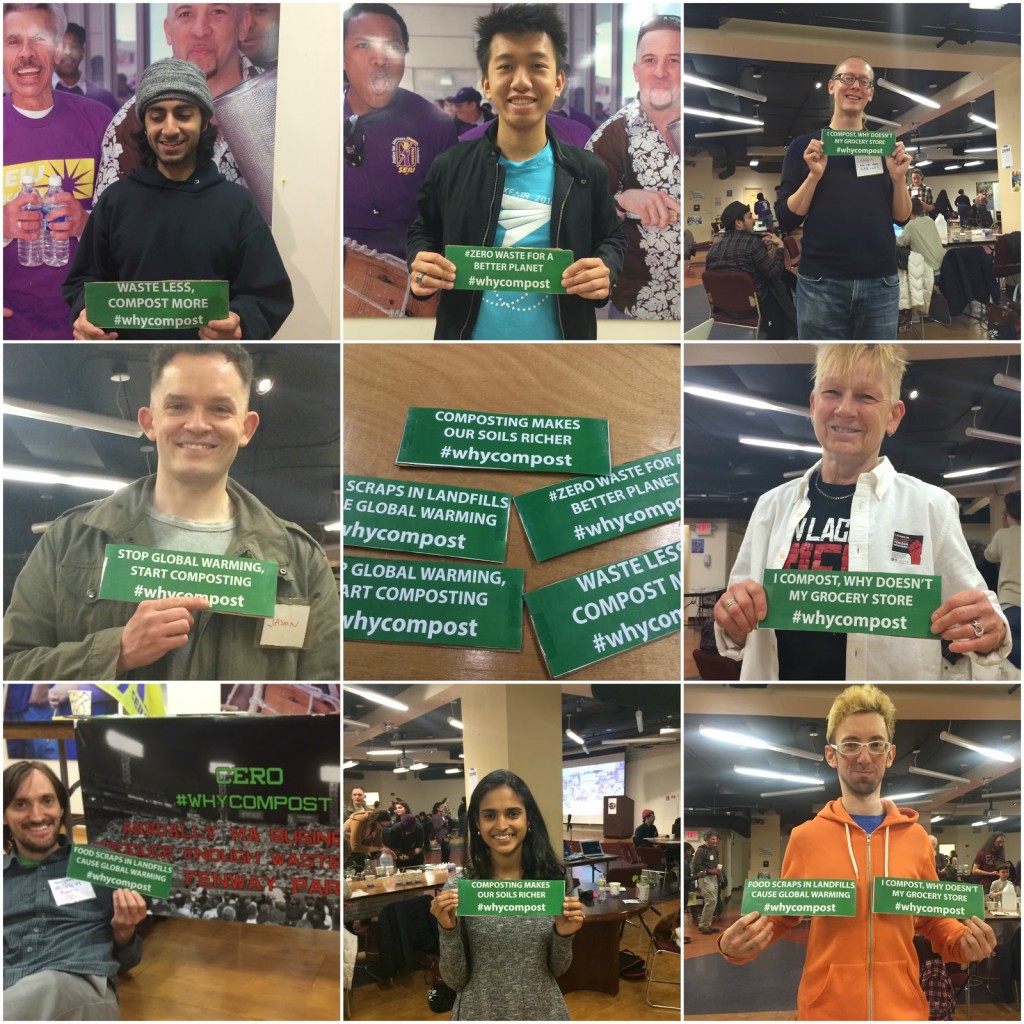Maya Gaul, the sales team leader at CERO, joined Lor as a main contact, and we are all even more energized and excited! We met this week on Monday to brainstorm and develop our canvases.
We began with a discussion about the waste ban and whether it would be worth spending time and effort on advocacy and building connections with community groups (environmental and social groups) that could influence their members to recognize the value of what CERO offers. After some back and forth we concluded that the best use of our resources right now would be to focus on sales, since Lor is already actively making connections with environmental groups and sees this as a longer ongoing process. Additionally we felt that results from that approach would not be quick enough to help CERO, given that the company is under a time crunch to get customers.
We decided that it would be best to focus on boosting sales, which would be a more tangible project with direct implications for CERO. We developed three canvases around sales and marketing to restaurants, grocery stores and anchor institutions (like hospitals and universities). The central problem that we were trying to answer for each canvas was: How do we reach and connect new potential customers to CERO?
Some highlights from the three canvas:
Marketing to restaurants and food lovers:
-
Restaurants, Foodies, Food Critics, Festivals: Since there are dozens of food events that happen throughout Cambridge and Boston each year, we hypothesize that bringing CERO to these events will help with brand visibility and attract potential customers in the restaurant business. A lot of these festivals tend to be community oriented and might attract folks who would consider a company like CERO. We also discussed that connecting directly with chefs might be a more targeted approach (especially chefs who pride themselves on sustainability and local procurement).
Sales to grocery stores:
-
Grocery stores, especially chain stores, have huge sales potential for CERO. However, getting those contracts can be difficult, especially since large companies own these chains and/or have headquarters located elsewhere. Our work would involve better understanding the underlying factors that these chains consider when choosing a composter (if they work with one at all) and then convincing these stores to partner with CERO. One idea we had was to use our position as MIT students to conduct independent focus groups and interviews to uncover why grocery stores make the choices that they do.
Marketing for anchor institutions:
-
We realize that this might be the hardest group to consider from a sales and marketing perspective. Institutions like MIT, for instance, are extremely bureaucratic and have long standing contracts with suppliers and trash collectors. In order to tackle this issue, we might need to make connections with sustainability offices at these institutions (if they have them) or work with student groups that are passionate about sustainability and can apply pressure on their universities to change procurement patterns.
Check out our canvases here:
1. Restaurants:
https://canvanizer.com/canvas/m4mpGIMNyRI
2. Grocery Stores:
https://canvanizer.com/canvas/f8s6kXq8HAY
3. Anchor Institutions:
https://canvanizer.com/canvas/aHghdx6MUNc

